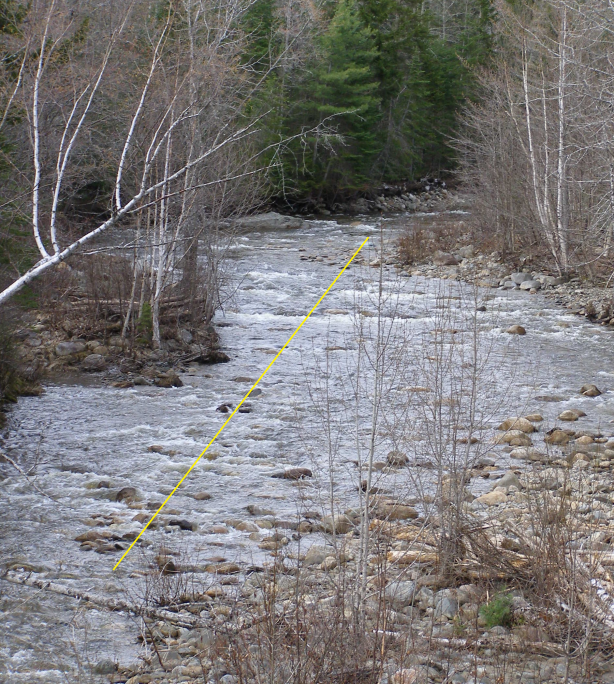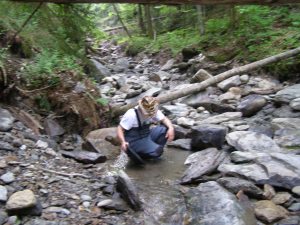Claudia Wise and Joseph Greene are collaborating on a project and they need your help. I received the following survey from Claudia Wise, you can email the photos to me and I will forward them to Claudia. Thank you very much.
Please send photos and information to: prospectorjack919@gmail.com
March 14, 2014
Dear Miners,
Joe Greene and I are working on a small scale gold suction dredge, stream waste products removal survey report. We need to ask all miners for any good pictures they have, of waste they have removed from our waterways.
This waste can include but is not limited to such items as:
Fishing weights, Lures, line
Oars
Beer and Water bottles and cans
Sunglasses, Sun visors and Hats
Golf Balls
Iron Waste:
Nails, screws, bolts, spikes
Horseshoes
Car parts
Construction material
Tools Etc.
We ask that you also include:
Type of waste (If you know)
Weight of each type
Waterway it was removed from
State you worked in
Waterway waste removed from (need NOT to be specific to location, just name general waterway)
Include your contact information so Joe and I can get ahold of you if we have questions. Your contact info will not be published or shared otherwise.
If you could expedite this information to us it would be greatly appreciated. Please forward this request on to other miners.
Thanks you for your help with this project,
Claudia Wise
Physical Scientist
USEPA (ret)







